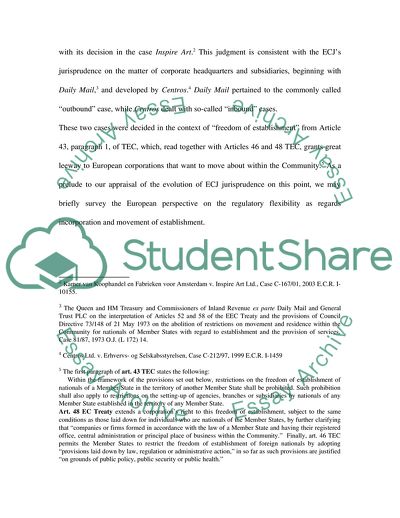Cite this document
(Treaty Establishing the European Union Assignment, n.d.)
Treaty Establishing the European Union Assignment. https://studentshare.org/law/1705671-comparative-company-law
Treaty Establishing the European Union Assignment. https://studentshare.org/law/1705671-comparative-company-law
(Treaty Establishing the European Union Assignment)
Treaty Establishing the European Union Assignment. https://studentshare.org/law/1705671-comparative-company-law.
Treaty Establishing the European Union Assignment. https://studentshare.org/law/1705671-comparative-company-law.
“Treaty Establishing the European Union Assignment”. https://studentshare.org/law/1705671-comparative-company-law.


